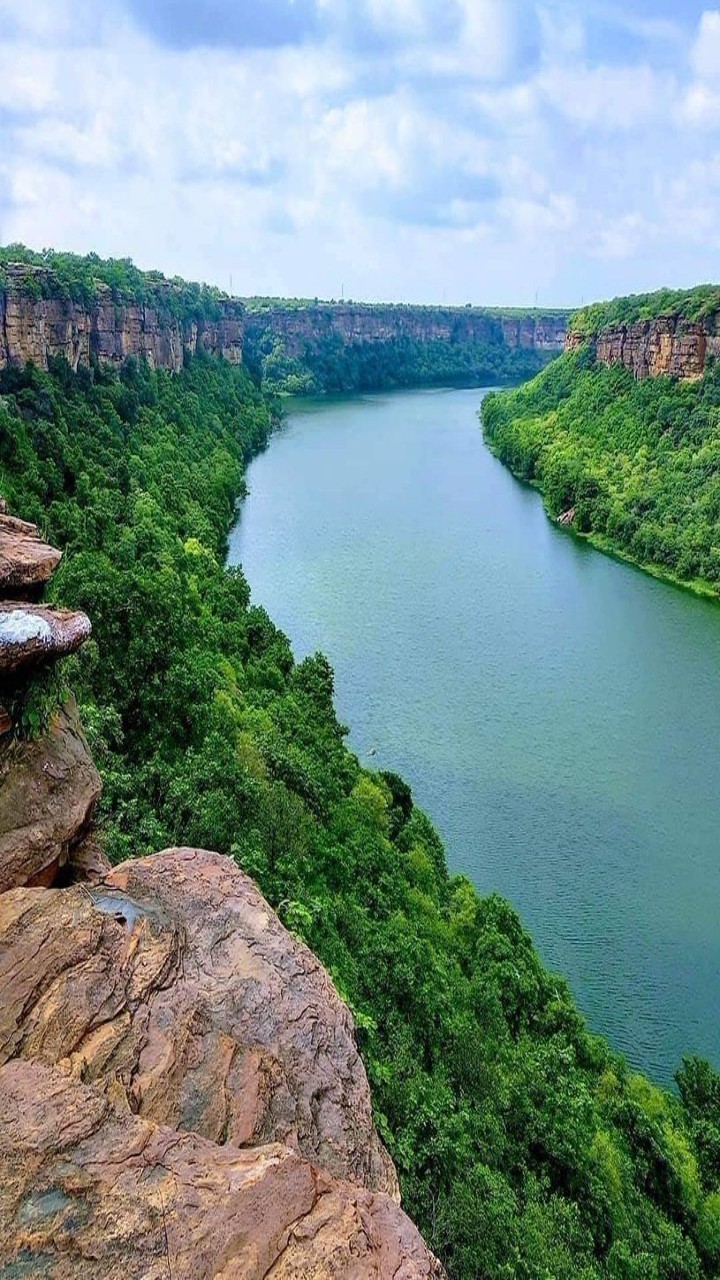India’s tourism sector is experiencing a post-pandemic surge, creating significant environmental and infrastructural pressure. In line with the World Tourism Day theme of sustainable transformation, the country faces a critical choice
Every year on September 27, the world comes together to celebrate World Tourism Day. This year’s theme, “Tourism and Sustainable Transformation”, comes at a critical juncture for India. With its rich cultural tapestry, diverse landscapes, and centuries-old heritage, India stands on the cusp of a tourism boom. Yet, the big question remains: can this growth be steered towards a transformation that is both inclusive and sustainable?
India’s Tourism Surge
India’s tourism sector has rebounded strongly post-pandemic. According to the Ministry of Tourism, the country welcomed over 9 million foreign tourists in 2024, while domestic travel soared to 1.7 billion trips. Flagship initiatives like Dekho Apna Desh and Incredible India 2.0 have boosted awareness, and the upcoming National Tourism Policy 2025 aims to make India a top-5 global destination.
But with growth comes stress—on the environment, infrastructure, and cultural heritage. Hill stations groan under traffic and waste, beaches battle plastic pollution, and fragile ecosystems like the Himalayas face over tourism.
Shifts Already Underway
Across the country, models of transformation are emerging:
Community-based Homestays in Himachal: Villages like Tirthan and Kalga are pioneering small-scale homestays, where tourists live with families, eat local produce, and learn sustainable living. The money stays in the village, reducing migration and empowering communities.
Eco-tourism in Madhya Pradesh: Wildlife parks such as Kanha and Bandhavgarh have introduced visitor caps, eco-trained guides, and conservation-linked jobs for locals—protecting biodiversity while ensuring economic benefits.
Green Initiatives in Goa: Beyond its beaches, Goa is promoting eco-itineraries: kayaking through mangroves, turtle-watching tours, and community-led clean-ups. Several resorts are shifting to solar power and waste segregation systems.
Responsible Tourism in Kerala: The state’s Responsible Tourism Mission has become a model for integrating sustainability, livelihoods, and cultural preservation. Travellers can stay on farms, learn pottery, or participate in village crafts, making tourism a force for social equity.

The Transformation Challenge
India’s road to sustainable transformation is not without obstacles. Waste management remains a challenge at pilgrimage hubs such as Varanasi and Puri. Himalayan towns like Manali, Shimla, and Mussoorie face water shortages due to unchecked tourist inflows. And unregulated hotel construction often damages fragile habitats.
Policy Push for Transformation
The government is responding. The draft National Tourism Policy 2025 emphasizes carbon-neutral destinations, green certification for hotels, and electric mobility in tourist hubs. Ladakh has announced plans to make Leh carbon-neutral by 2030. States are experimenting with green corridors, rural circuits, and heritage walks that disperse tourist pressure.
Travellers Are Driving Change
Interestingly, the transformation is not just top-down—it is also demand-driven. A Booking.com survey found that 71% of Indian travellers now prefer sustainable travel options. Young travellers are choosing farm stays, cycling tours, and slow travel over crowded luxury packages.
“I’d rather spend time in a mud house in Rajasthan than a five-star in the city,” says Priyank, a 24-year-old traveller from Bengaluru. “The experience is richer, and I know my money helps the local community.”
The Road Ahead
Tourism in India is at a turning point. Growth is inevitable—but transformation is optional. To stay aligned with this year’s global theme, India must adopt models that are not just eco-friendly, but transformative: making local communities stakeholders, reducing carbon footprints, and reimagining what it means to travel.
As World Tourism Day 2025 reminds us, sustainability is not a side note; it is the blueprint for the future. If India can embrace this transformation, it can set a global example—showing that tourism is not just about places we visit, but about the planet we protect.
